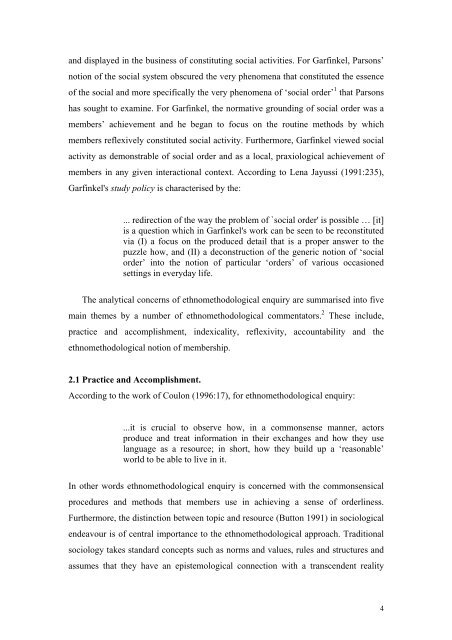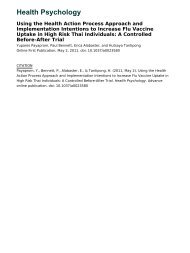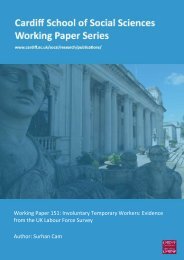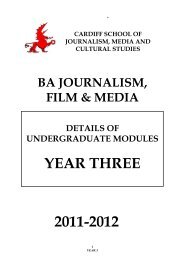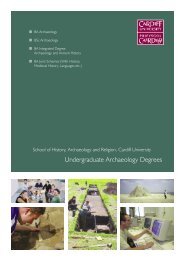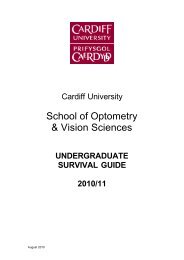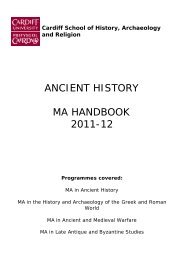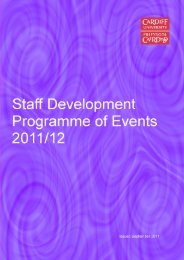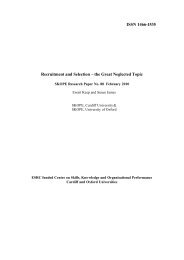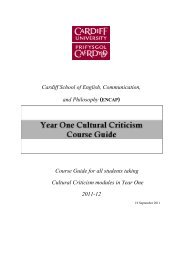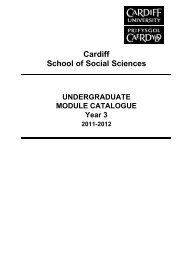Paper 89: Conversation Analysis, Practitioner Based Research ...
Paper 89: Conversation Analysis, Practitioner Based Research ...
Paper 89: Conversation Analysis, Practitioner Based Research ...
Create successful ePaper yourself
Turn your PDF publications into a flip-book with our unique Google optimized e-Paper software.
and displayed in the business of constituting social activities. For Garfinkel, Parsons’<br />
notion of the social system obscured the very phenomena that constituted the essence<br />
of the social and more specifically the very phenomena of ‘social order’ 1 that Parsons<br />
has sought to examine. For Garfinkel, the normative grounding of social order was a<br />
members’ achievement and he began to focus on the routine methods by which<br />
members reflexively constituted social activity. Furthermore, Garfinkel viewed social<br />
activity as demonstrable of social order and as a local, praxiological achievement of<br />
members in any given interactional context. According to Lena Jayussi (1991:235),<br />
Garfinkel's study policy is characterised by the:<br />
... redirection of the way the problem of `social order' is possible … [it]<br />
is a question which in Garfinkel's work can be seen to be reconstituted<br />
via (I) a focus on the produced detail that is a proper answer to the<br />
puzzle how, and (II) a deconstruction of the generic notion of ‘social<br />
order’ into the notion of particular ‘orders’ of various occasioned<br />
settings in everyday life.<br />
The analytical concerns of ethnomethodological enquiry are summarised into five<br />
main themes by a number of ethnomethodological commentators. 2 These include,<br />
practice and accomplishment, indexicality, reflexivity, accountability and the<br />
ethnomethodological notion of membership.<br />
2.1 Practice and Accomplishment.<br />
According to the work of Coulon (1996:17), for ethnomethodological enquiry:<br />
...it is crucial to observe how, in a commonsense manner, actors<br />
produce and treat information in their exchanges and how they use<br />
language as a resource; in short, how they build up a ‘reasonable’<br />
world to be able to live in it.<br />
In other words ethnomethodological enquiry is concerned with the commonsensical<br />
procedures and methods that members use in achieving a sense of orderliness.<br />
Furthermore, the distinction between topic and resource (Button 1991) in sociological<br />
endeavour is of central importance to the ethnomethodological approach. Traditional<br />
sociology takes standard concepts such as norms and values, rules and structures and<br />
assumes that they have an epistemological connection with a transcendent reality<br />
4


